I am working with 3rd-party code that throws and catches a NullReferenceException as part of its ordinary, correct operation. I would like to be able to tell Visual Studio to ignore this instance (ie, ignore NullReferenceExceptions thrown from this .cs file + line number) but continue to break on other thrown NullReferenceExceptions.
Is this possible?
edit: By 3rd party code I mean source code that is part of the project, but that I don't own and won't be modifying. I can't use anything that relies on VS's definition of user code, for example, because this also counts as user code. The size of the project means that this detail is out of my control. For similar reasons I don't want to add [DebuggerHidden].
